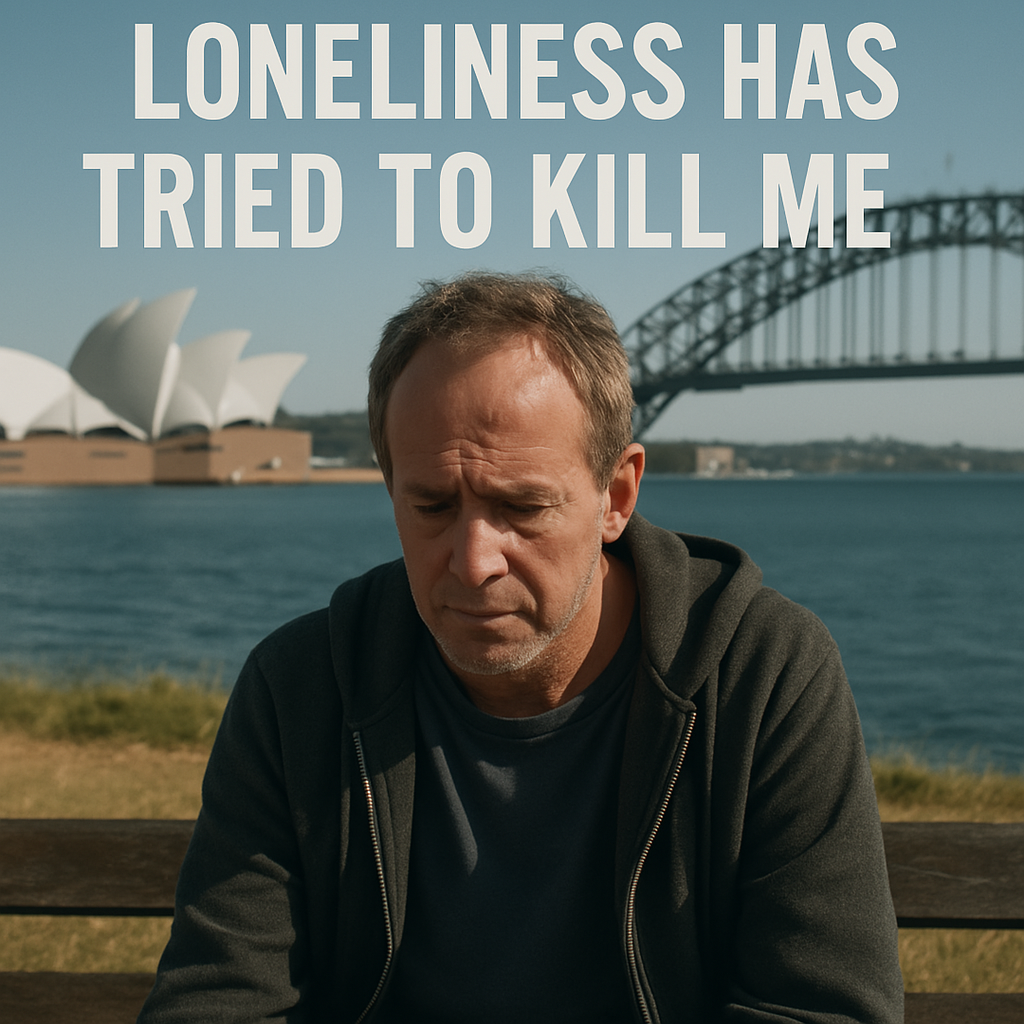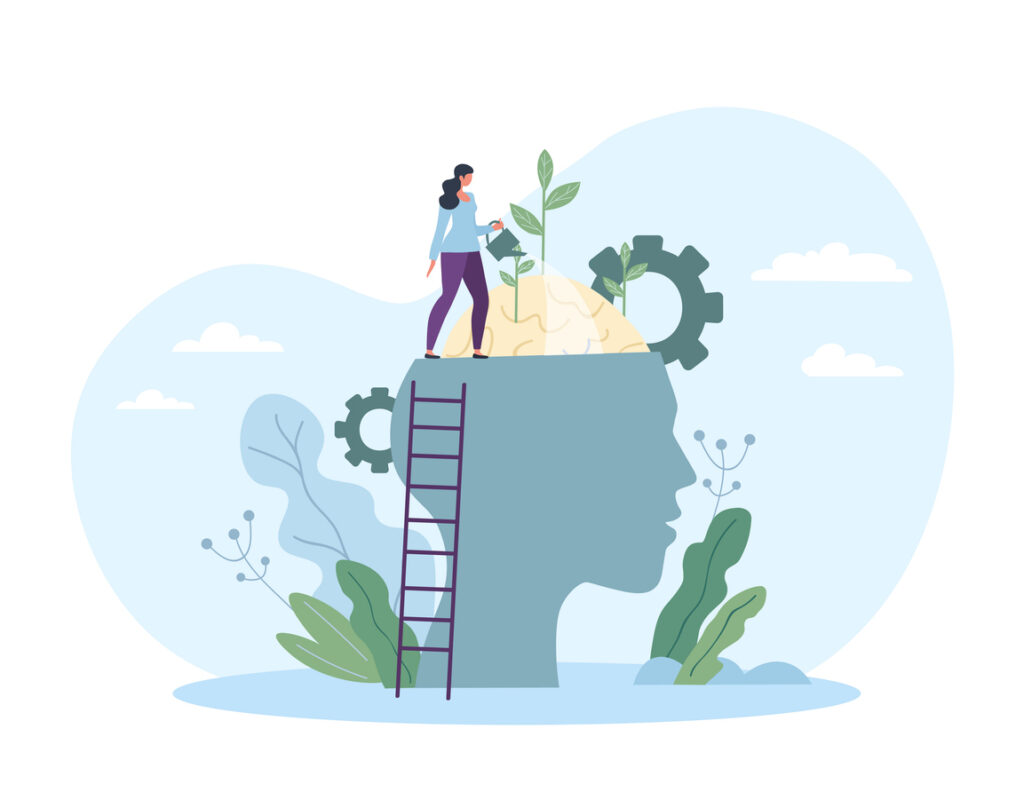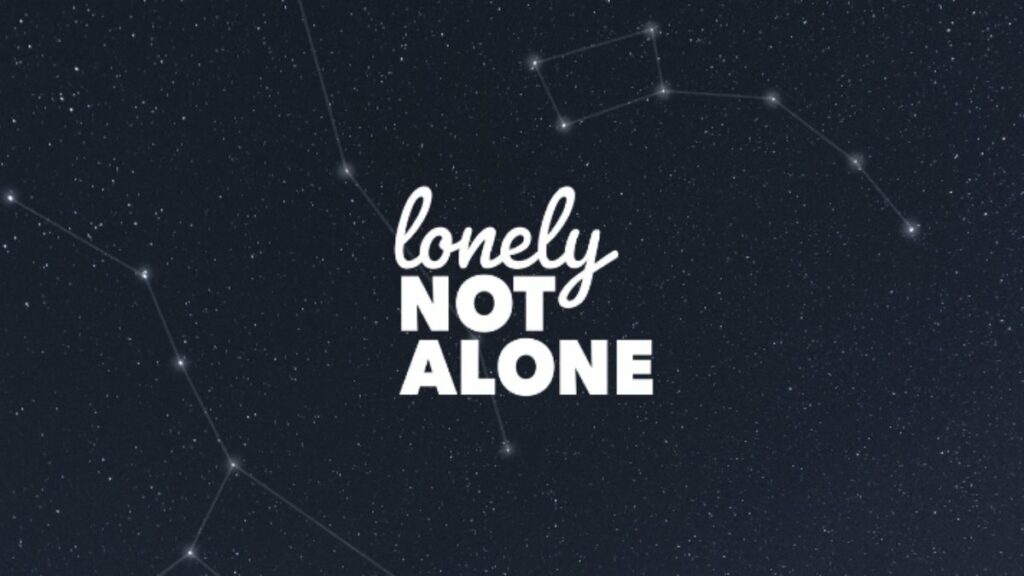Loneliness: How far have we come?

Paul Cann, Co-Founder of the Campaign to End Loneliness, explains the context of the work done so far to tackle loneliness and to reiterate why the Tackling Loneliness Hub is so important in our collective efforts.

A loneliness strategy is for life
The advent of a Minister for Loneliness and Loneliness Strategy in 2018 were landmarks in the progressive sophistication of public policy. They built on a growing recognition that the emotional well-being of citizens is a rightful concern of the government. Richard Layard’s influential work on happiness elaborated this issue in the 2000s, which then grew into policy measurements of well-being by successive governments, and was given legal roots in the 2014 Care Act’s duty to promote well-being.
Other countries have also focused on ‘softer’ aspects of national values: New Zealand’s well-being budget, Scotland’s enshrining of kindness in its national performance framework, and not forgetting Bhutan’s Gross National Happiness Index. It is now about delivery. We have to keep faith with the many fine words. A loneliness strategy is for life.
We launched the Campaign to End Loneliness through listening to academics who summarised key findings from their lifelong research. With their help, we have come a long way in understanding loneliness. Loneliness is a word which Fay Bound Alberti has helped us approach through the term ’emotion cluster’, showing how different mixes of feelings hit us hard throughout life, in different ways, at different stages.
We studied the evidence of the roots of loneliness. John Cacioppo’s work convinced us that loneliness is a primordial impulse to connect, a pain evolved to move us closer to one another for survival. Noreena Hertz has now, powerfully, painted the context around why we feel uncared-for and invisible: the wider, structural barriers to interaction, such as poverty, cultures of individualistic personal gain, work insecurity, technological distancing. We must tackle those big issues if we are to come together in a world that’s pulling apart.
We have also come a long way in knowing what to do. Sympathetic handouts have often been replaced by empowering chances to connect. Our Promising Approaches work on service delivery shows how a myriad such activities, from Men’s Sheds to HenPower, are more likely to engage us because they offer a reason to live and to give. Older people in Lewisham don’t go to Meet Me at the Albany each week because they belong to a Lonely Group, but because they want to sing, watch a film or have a laugh. We have looked at the psychology of loneliness too: how we think about ourselves and about ways to adjust our mindset.
We are all in this together
We can achieve the All-Party Parliamentary Group on Loneliness’ vision of a Connected Recovery if we want to. Policy leaders must take it seriously, keep faith across the walls of tribal politics, and not get bored. Backing and strengthening communities where need be. Social prescribing into better resourced local ecologies rather than into deserts of social exclusion. Giving the 4 million digitally excluded the skills, yes, but most of all confidence and motivation.
The big message of Promising Approaches is about connection: the moving parts in a community needing to join up and work together for lasting impact. For the Campaign too it’s about connection: global sharing and learning as interest grows. DCMS’ Tackling Loneliness Hub can help us all to learn across our respective fences. This of course echoes the key challenge of loneliness.
I never felt this sense of shared challenge more keenly than at the 10 Downing Street reception in 2017 to welcome the Jo Cox Commission report on loneliness when I heard the commitment to Jo’s legacy made for us all by the then Prime Minister. That we will never forget that we have far more in common than that which divides us. It would be great to do her that much justice at least.





Great to have the context succinctly summarised like this. An inspiring reminder on a grey Friday morning about the importance of kindness and persistence!